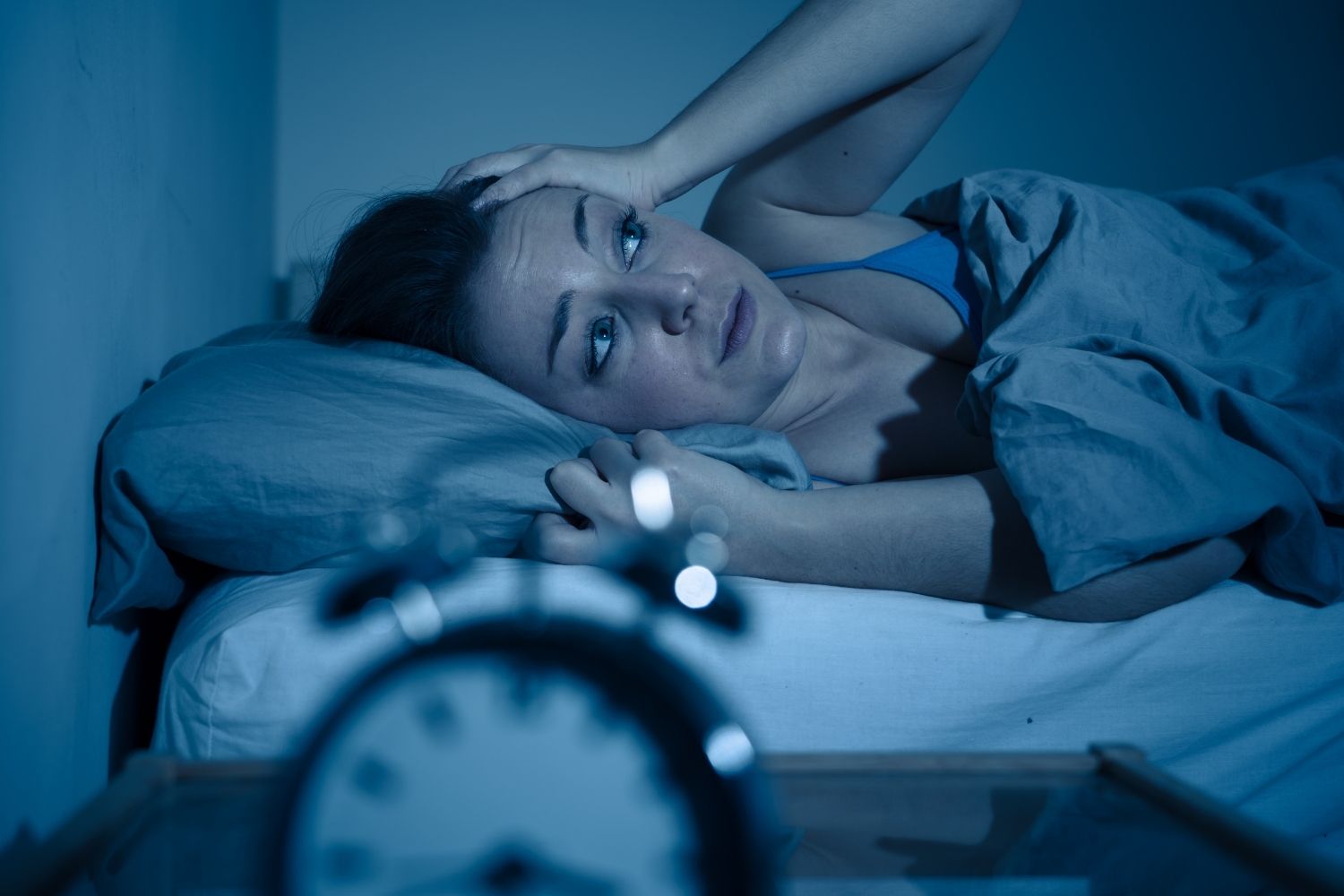Sleeping is a major part of our lives. You would think given how important sleeping is, it would be an easy thing to do, but sometimes that’s not the case. That’s because our modern lifestyles can sometimes mess with our natural sleep systems. For this reason, it is important to learn about how to get a good night’s sleep. However, to do that, we first need to look at how our bodies encourage us to sleep.
The human body has its own natural body clock called the circadian rhythm. Among other things, the circadian rhythm is responsible for telling us when we should sleep and when we should wake. It usually does this by sensing when it is light outside and when it is dark. Our circadian rhythms keep us awake and alert during the day and produce melatonin when it gets dark to make us sleepy.

Research suggests the circadian rhythm can be disturbed by our busy and increasingly digitised lives. Not only does this affect our sleeping patterns, it could also lead to other problems such as digestive upset and a downturn in our mental wellbeing. Being teachers, it is important we’re getting a good night’s sleep to ensure we are alert and ready for the next day’s lessons. So, here are five tips you can follow to ensure you get a good night’s sleep each night.
Reducing blue light
Blue light has been proven in a number of studies to lessen our chances of getting a good night’s sleep by impacting the production of melatonin. This is thought to be because the blue light tricks our circadian rhythms into thinking it is light outside. Our digital devices omit blue light and can cause problems for our circadian rhythms when we try to sleep. The best way to avoid this is to reduce our usage of digital devices during the evening and trying to stay away from our phones in the hours leading up to bedtime.
However, we know this can be quite difficult. Many modern phones have the ability to switch off blue light at night. On an iPhone, for example, you can turn on the ‘night shift’ feature, which makes the colours on the screen warmer in colour, reducing its potential to stimulate your brain and mess up your circadian rhythm. Alternatively, you can purchase blue light blocking glasses, or even have blue-light blockers added to your prescription glasses.

Set a routine
If you set a night time routine, your body is more likely to naturally learn when it should be preparing for sleep. Try to make evening activities and tasks like dinner time, digital downtime and bedtime around the same time each night. When this routine is established, you will likely start feeling sleepy around the same time each night. This helps to ensure your circadian rhythm is working effectively and makes getting a good night’s sleep a little easier.
Reduce caffeine intake in the afternoon
It might seem like a good idea to drink coffee in the afternoon if you are feeling tired to help you get through the rest of your day, but this can actually have a detrimental impact on your ability to sleep later in the night. Caffeine prevents the production of the chemical adenosine in the body. Adenosine is responsible for making us feel tired, hence why caffeine can make us feel more alert. As a result, caffeine can prevent us from reaching the deep state of sleep we should normally be achieving in the early hours of the morning. If we are unable to reach that, we often don’t feel well rested when we wake in the morning. For this reason, it is important to avoid caffeine for around six hours before bedtime to get a good night’s sleep. However, each person’s tolerance level can vary.

Clear your mind
It can be very difficult falling asleep when your mind is racing, so clearing your mind before you head to bed can help you to fall asleep faster. There are a couple of things you can try to clear your mind. Meditation is one method, which prompts you to take control of your breathing and your thoughts. You could also try listening to relaxing music or white noise or even try reading a book. If your mind is racing with thoughts about what you need to do the next day, consider writing a to-do list to allow your mind to switch off from thinking about those things.
Seek medical advice
It’s very important to remember that if you are struggling to sleep and you have tried implementing these tips without success, you should speak with your doctor.
We hope these tips will help you in getting a good night’s sleep, and keep you stress free and ready to teach.









